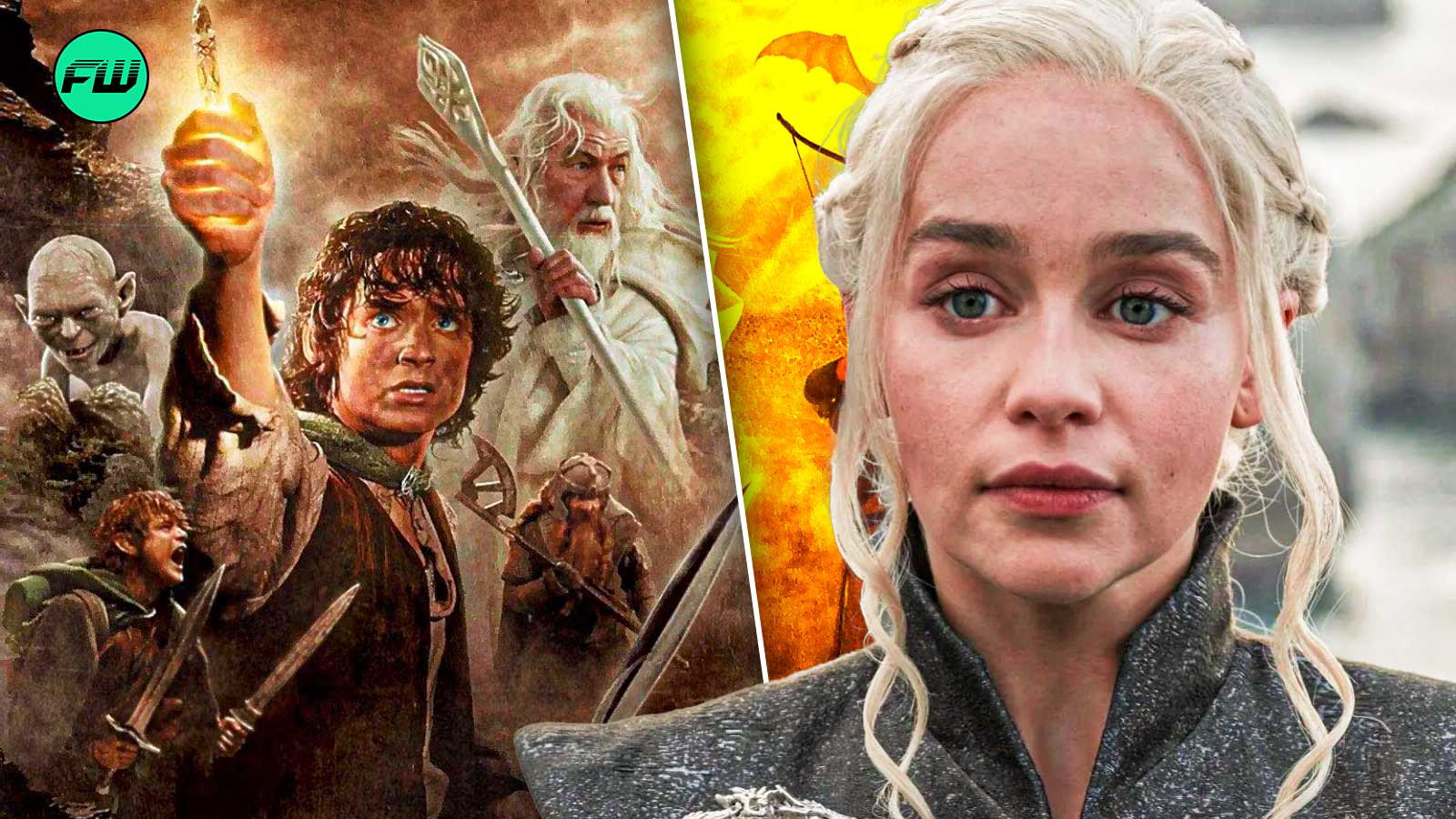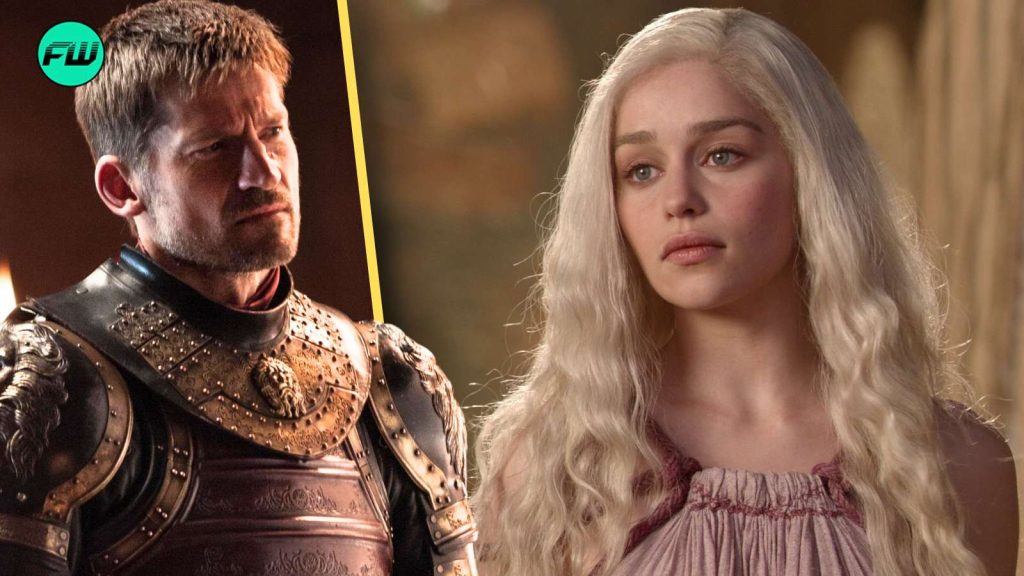George R.R. Martin’s Game of Thrones saga has proven to become one of the most epic fantasy drama pieces curated to date. Touching on multiple themes ranging from moral ambiguity, politics and society, honor and betrayal, and family and power, among others, it has become a one-of-a-kind story, loved by fans from all around the globe.
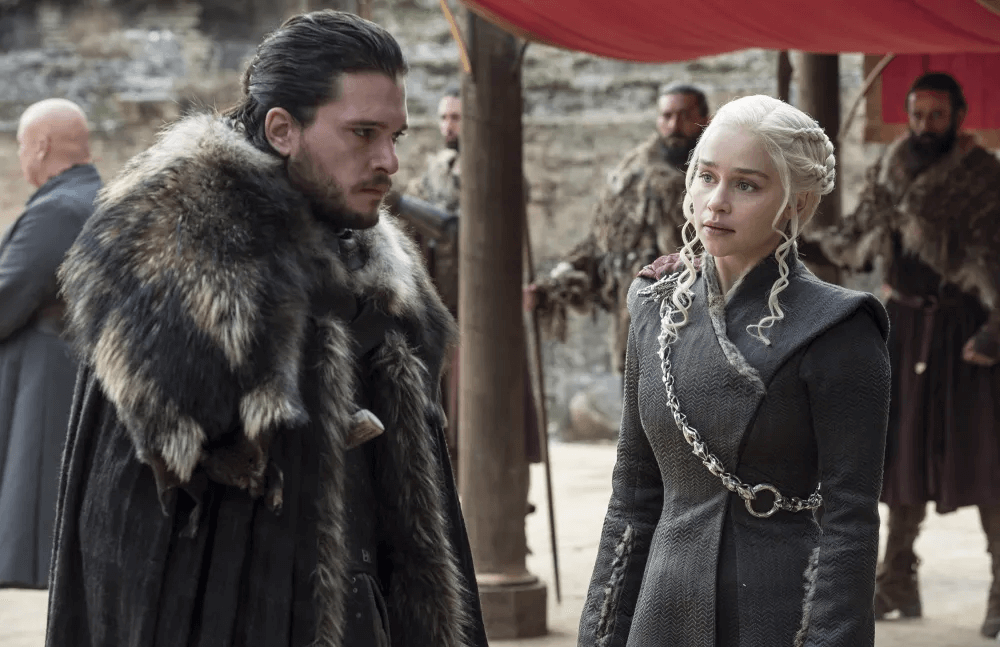
However, on a closer look, the saga has also often been compared to J. R. R. Tolkien’s Lord of the Rings lore because of the similar tones and themes on which it has been based. But, being the absolutely undeniable genius that he is, Martin used the perfect trick to make GoT the ultimate mix of historical fiction and fantasy, unique and second to none.
How George R.R. Martin Made GoT Different From LOTR
Back in the early ’50s, J. R. R. Tolkien brought a new, twisted take into the world of fiction and history with his Lord of the Rings book series. This easily launched him into becoming one of the most legendarily fantastic storytellers of all time, having provided the base for multiple other stories from the fantasy lore to stem from.
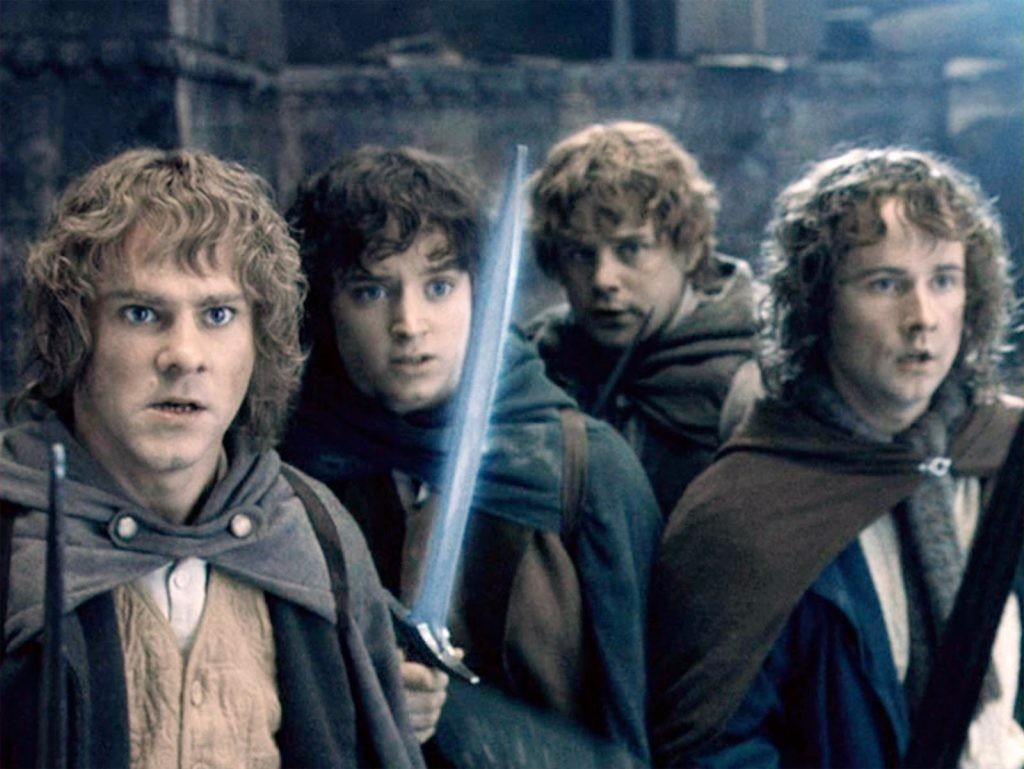
Of course, George R. R. Martin‘s fan-beloved Game of Thrones lore lies along the same lines and has seemingly also been influenced by Tolkien’s creative imagination of this genre. This was why, because of the similarity in the themes and tones of the two, both iconic works were compared by fans. But GoT can’t be deemed a rip-off of LOTR for a very valid reason.
During the Toronto International Film Festival, the author talked about these very themes and explained how Tolkien’s trope was followed by innumerable other rip-offs. He said:
Following The Lord of the Rings, fantasy was largely taken over by Tolkien imitators who were delivering Tolkien-like books but who didn’t seem to capture any of the power of Tolkien [and] were borrowing some of his tropes.
But, of course, his wasn’t one of them. As he shared the very approach he took to his lore that sets his saga apart from Tolkien’s (via @TIFF on YouTube):
I wanted to weld fantasy with historical fiction which is more gritty and realistic and to capture some of what I see as the real moral ambiguity of these issues.
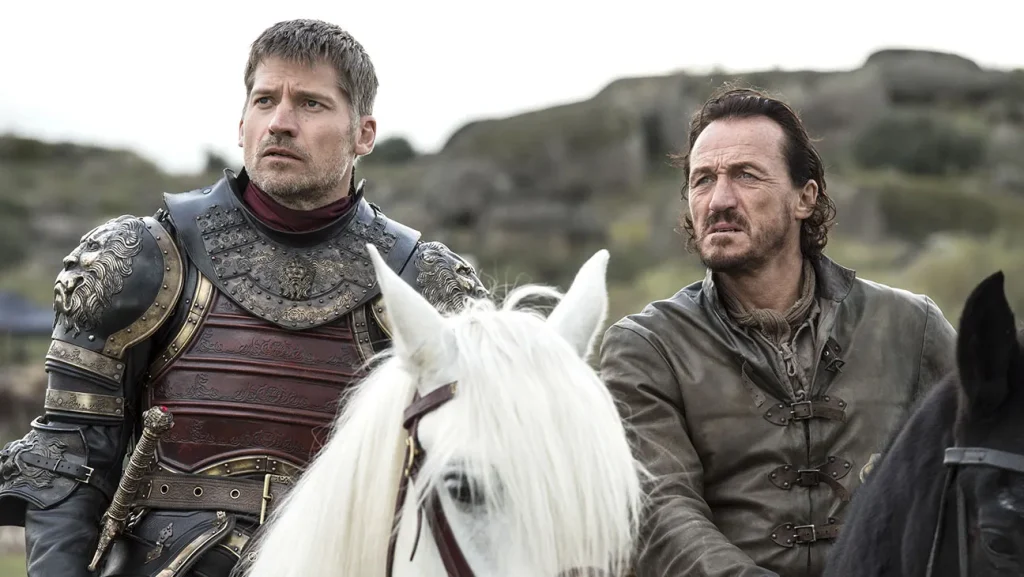
Effortlessly enough, the 75-year-old mastermind’s genius worked as effectively as ever as it gave the gruesome fantasy-drama novel the uniqueness it sought to set itself apart from every other project that felt like a knockoff of Tolkien’s iconic work. That said, Martin does credit himself – a bit – for contributing to the changing themes in the fantasy genre.
At the same time, he didn’t hesitate to acknowledge the fact that all these everlasting themes in this mammoth of lore had originally been developed by none other than Tolkien. If anything, the genius author greatly emphasized the fact that he holds the late mastermind in great regard for all the tremendous ways in which he has contributed to this mythical genre.
George R. R. Martin is All Praise for J. R. R. Tolkien

During the same interview, Martin also gave due emphasis to the fact that it was none other than Tolkien indeed who proved to be a major figure in the history of fantasy, all the while minutely crediting himself for helping in bringing all those new ideas into the genre. Speaking in all honesty and humility, he said:
Fantasy is changing, and maybe I had some small part in it changing. But, you know, the – modern fantasy largely grew out of the work of J. R. R. Tolkien and his great landmark The Lord of the Rings which looms over all fantasy like a mountain and everybody else is operating in the shadow of Tolkien and what he did.
Continuing, he also let out the respect and commendation he holds for the late legend in his heart, saying: “My admiration for Tolkien and his work is second to none. I think The Lord of the Rings is one of the great novels of the twentieth century.” And of course, he isn’t wrong, for both LOTR and GoT are, unarguably, true masterpieces, each in their own respects.
The GoT TV series and LOTR film series can currently be streamed on Hulu and Prime Video respectively.

